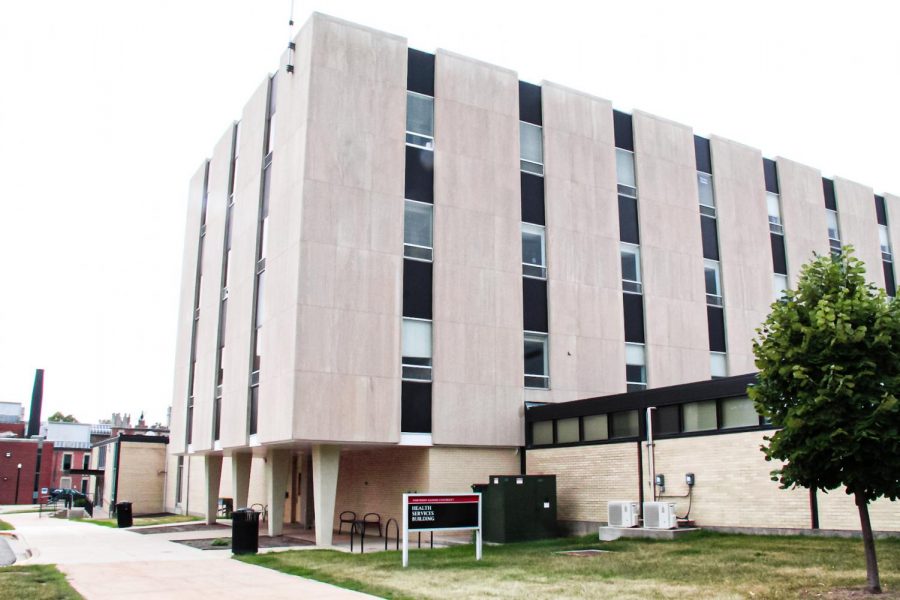Social Justice Education promotes open dialogue, cultural competence
Zulfiqar Ahmed I Northern Star
The Social Justice Education Department is located in the Health Services Building, Room 408.
September 5, 2021
DeKALB — The Social Justice Education Department, established in 2016, continues to provide students with anti-discriminatory resources and ample avenues of social change. The department hosts many events and workshops to promote open dialogue and cultural competence.
The Social Education Department offers students resources for sexual misconduct, bias-related discrimination and anti-racism reading lists. Recently, the department started to host podcasts to discuss social justice-centric books.
Monique Bernoudy, assistant vice president of Academic Diversity, Equity and Inclusion, said that the department’s creation was a product of the university’s recognition for cultural competence and focuses on building an inclusive community.
“It began when there was a realigning of areas to bring the diversity and cultural resource centers and SJE under the leadership of the vice president and chief diversity officer, Vernese Edghill-Walden,” Bernoundy said. “While there previously was a Diversity and Equity office, the SJE office was established after a strategic revisioning plan for the office was completed in 2016.”
One of the many events offered by the department is the Diversity Dialogue Series, an organized opportunity for civil discourse among community members. The curriculum development of the series is produced in-house.
Jane Pappas, assistant director of Social Justice Education, reported that the Diversity Dialogue Series is led by a team of trained facilitators, of which there are 130 concurrent members across campus.
The mission of many of the departments, events and workshops is to promote open dialogue and cultural competence. The department holds the events and discussions at various locations around campus in-person and via virtual synchronous sessions, often with the inclusion of a moderator and panel of experts.
The Social Education Department’s goal is to support existing efforts here on campus, Pappas said.
“We have the conversations on diversity and equity workshops that are kind of our primary way that we engage students,” Pappas said. “But since the pandemic, we’ve also developed a podcast to provide some asynchronous online opportunities to engage.”
The department’s podcast, “The Huskie Conversation Cafe Podcast,” was implemented as an avenue of student engagement during the COVID-19 pandemic and covers topics such as cultural diversity.
The podcast seeks to convert the literary medium of books into a digital streaming format in which they build on the books’ topics and sometimes talk to the authors themselves.
The podcasts are hosted by Pappas, and the latest one covered Trevor Noah’s “Born a Crime.” The book’s title is in reference to the apartheid in South Africa, a system and series of legislation that established racial segregation. Noah was born during a time in South Africa’s history in which his existence as the product of a biracial relationship was a crime.
“The Huskie Conversation Cafe Podcast” is available on Spotify and NIU’s Social Justice Education website.


